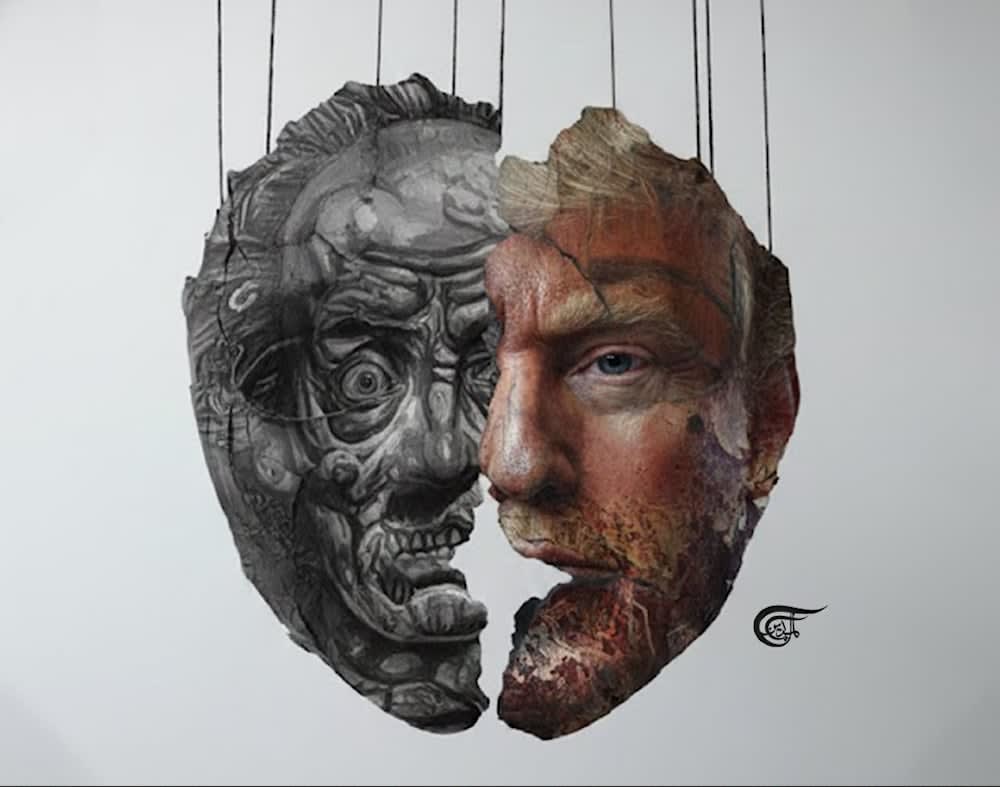The recent settlement of $24.5 million by YouTube highlights the complex intersection of social media governance and political accountability. This case emerged from the platform's decision to suspend Donald Trump's account following the January 6, 2021, Capitol riot, raising critical questions about content moderation policies and their implications for free speech. The lawsuit underscores the challenges that platforms face in balancing user safety and political expression, particularly when dealing with high-profile figures whose actions can incite widespread unrest. The financial settlement not only reflects the legal risks associated with content moderation decisions but also signals the potential for further scrutiny of social media companies' practices in politically charged environments.
The resolution of this lawsuit serves as a pivotal moment for YouTube and similar platforms, prompting a reevaluation of their content moderation frameworks. By agreeing to this settlement, YouTube may be attempting to mitigate reputational damage while also setting a precedent for how it handles future suspensions of influential accounts. This case illustrates the broader implications for social media companies as they navigate the delicate balance between enforcing community standards and upholding democratic values. As platforms continue to evolve, the outcomes of such legal challenges will likely shape the future landscape of online discourse and the responsibilities of tech companies in moderating content.








